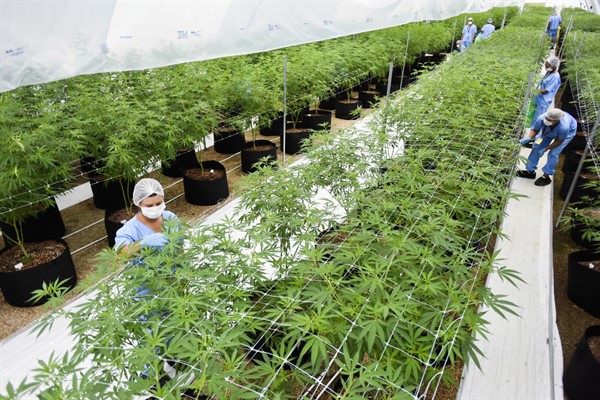Following nearly three years of debate, Costa Rica finally legalized medical cannabis on March 2. Upon signing it into law, outgoing President Carlos Alvarado said that the bill—which legalizes medical marijuana and the cultivation of hemp for industrial purposes, but still restricts its recreational use—would be a “great benefit for the country.”
However, to what extent medical cannabis legalization, and potentially recreational legalization, will be a positive development for Costa Rica or serve as a model for the broader region remains to be seen.
Costa Rica’s medical marijuana legislation has been years in the making. As early as 2014, a survey by the Universidad de Costa Rica found that 53 percent of the population supported medical cannabis. Yet the journey to legalization was long and arduous.

